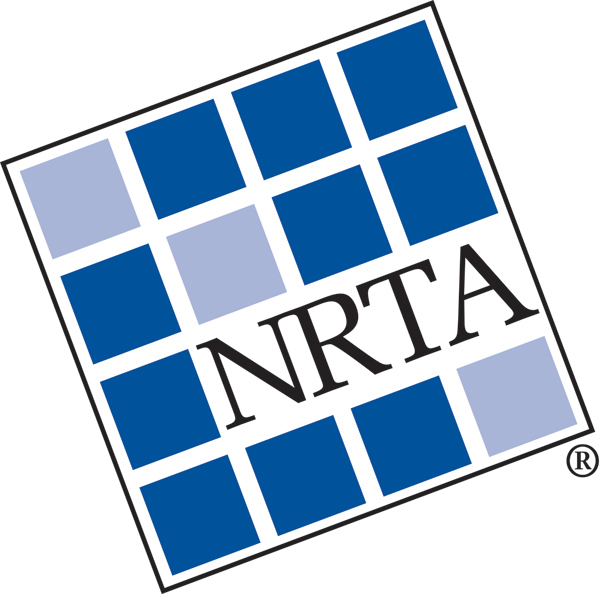Whether you are a small business tenant, large office tenant, or a retail chain, a large real estate portfolio represents one of the top cost-centers CFOs should—and do—fret about.
But let’s back up.
Understandably, new leases receive the full attention they well deserve at the time they are signed. When a new lease is confirmed, organizations diligently get it abstracted and entered into their lease portfolio management systems.
And, more often than not, that lease remains in abstraction form until termination or renewal comes up.
Inconsistent lease management destroys opportunities for lease administration success
Organizations tend to treat lease management in an inconsistent manner—particularly when considering the reality of lacking sufficient operational staff and clear lines of staff responsibility. Bad habits can result in significant economic losses. With this in mind, lease administration specialists must adhere to a golden rule: Consistent, on-going lease management is vital to the success of a business.
Consistent, on-going lease management is vital to the success of a business.
One important reason why tenants should regularly review a lease portfolio is to identify any inconsistencies in CAM expense billing, rent hikes, and other operating expenses that a landlord may be imposing. It is easy to fall behind or lose track of lease updates. Notice periods for termination, renewal, expansion, and the right of first refusal are all put in jeopardy. Executing options at the right time can prove monumental in aiding a tenant to get a good deal on existing leases. Conversely, overlooking these updates can cause detrimental capital losses to a tenant.
NRTA is here to help and is proudly collaborating with two seasoned professionals—Lisa Krizek and Kathy Powers-Middlecoop—to present a four-part real estate management course.
This comprehensive course provides the real estate student with an in-depth understanding of lease administration and the role of the Lease Administrator in today’s world. The session covers all aspects of lease administration, from the receipt of a new lease, through expirations and renewals, to property turnover. Participants will gain a thorough understanding of how lease administration plays a key role in the success of an organization in the current economy. Learn more.
